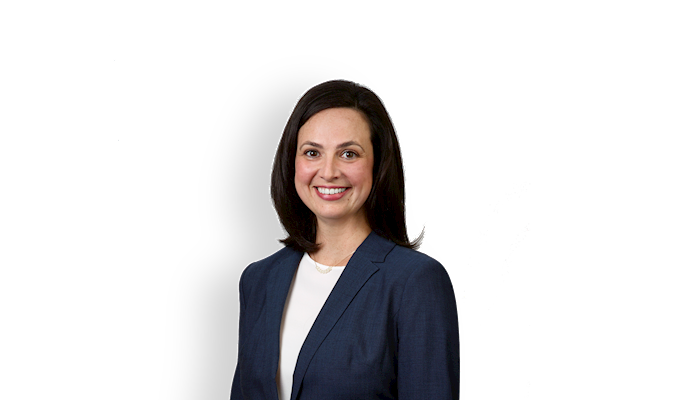An important decision of the Ontario Court of Appeal was released on January 29, 2015 overturning a trial decision which was critical of consultations between counsel and expert witnesses in preparing their reports.
The trial judge in a January 2014 medical-legal decision, Moore v. Getahun,1 strongly criticized the current practice of lawyers reviewing and commenting on draft expert reports prepared for use at trial, holding that it is not appropriate for counsel to review draft reports of experts and provide any input to shape those reports.2 The trial judge’s comments raised important questions about how lawyers and experts should interact when an expert is preparing a report.
The decision was appealed to the Ontario Court of Appeal, which came to the conclusion that the trial judge erred in holding that it was unacceptable for counsel to review and discuss a draft expert report, but that this error did not affect the outcome in the circumstances of the case.3
The trial decision was of concern to the legal profession and to the community of expert witnesses, and the Criminal Lawyers’ Association, Ontario Trial Lawyers Association, Holland Access to Justice in Medical Malpractice Group, Canadian Defence Lawyers Association, Canadian Institute of Chartered Business Valuators, and The Advocates’ Society all intervened at the Court of Appeal. The interveners’ position on appeal was that continued consultation between counsel and expert witnesses in the preparation of reports, within certain limits, is consistent with current practice and is necessary to ensure the efficient and orderly presentation of expert evidence and the timely, affordable and just resolution of claims.4
The Court of Appeal agreed with this position. Writing for a unanimous Court, Justice Sharpe held as follows:
- Banning undocumented discussions between counsel and expert witnesses or mandating disclosure of all written communications is unsupported by and contrary to existing authority;
- While it is improper for counsel to interfere with the independence and objectivity of expert witnesses, that independence and objectivity is fostered under existing law and practice in a number of ways; and
- It would be bad policy to disturb the well-established practice of counsel meeting with expert witnesses to review draft reports; experts need the assistance of lawyers in framing their reports in a way that is comprehensible and responsive to the pertinent legal issues in a case.5
The Court therefore overturned the trial judge’s holding that the practice of consultation between counsel and expert witnesses to review draft reports must end, but held that this did not affect the outcome of the trial, and therefore a new trial was not warranted.
The Court went on to make a number of related holdings. In summary:
- Consultations between counsel and expert witnesses are protected by litigation privilege;
- Draft reports of experts the party does not intend to call are privileged and need not be disclosed, as are the draft reports and notes of any consultations between counsel and experts the party does intend to call as a witness; and
- Litigation privilege in draft reports would not protect drafts and communications to shield improper conduct; however, absent a factual foundation to support a reasonable suspicion that counsel improperly influenced the expert, a party should not be allowed to demand production of draft reports or notes of interactions between counsel and an expert witness.6
The take-away is as follows:
- The courts encourage and expect counsel to consult with experts about their reports and evidence to ensure that the expert evidence is clear, understandable, and pertinent;
- Counsel are expected to ensure that they do not undermine an expert witness’ objectivity and independence by improperly influencing the substance of an opinion; and
- Only rarely will trials be taken up with a review of earlier draft reports and counsel’s communications with the expert.
It is worth noting that the Court of Appeal commended The Advocates’ Society’s publication “Principles Governing Communications with Testifying Experts” and attached a copy as an appendix to its reasons.7
1 2014 ONSC 237 (“Moore”). The issue at trial was whether the defendant physician was negligent in applying a particular type of cast to the plaintiff’s wrist, and whether this caused the plaintiff’s injuries.
2 See Moore at, for example, paras. 50-51
3 2015 ONCA 55 (“Moore CA”)
4 Moore CA at para. 49
5 Moore CA at paras. 55-66
6 Moore CA at paras. 67-78
7 Available at: http://www.advocates.ca/assets/files/pdf/The_Advocates_Society-Principles_Governing_ Communications_with_Testifying_Experts_3_sep18.pdf

